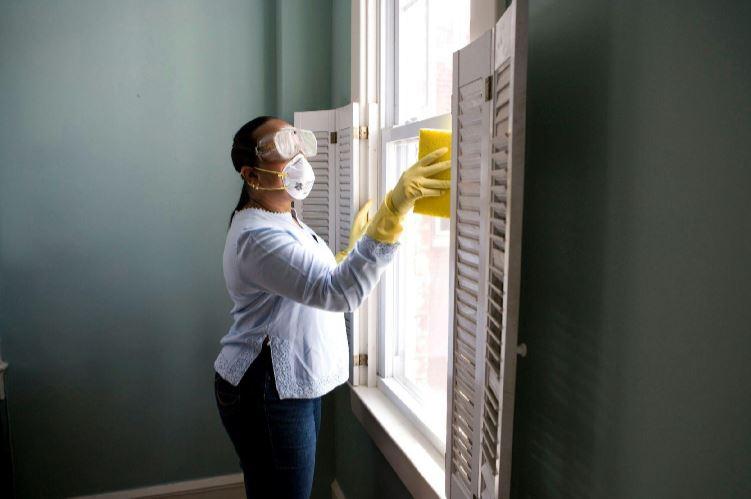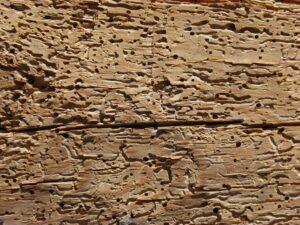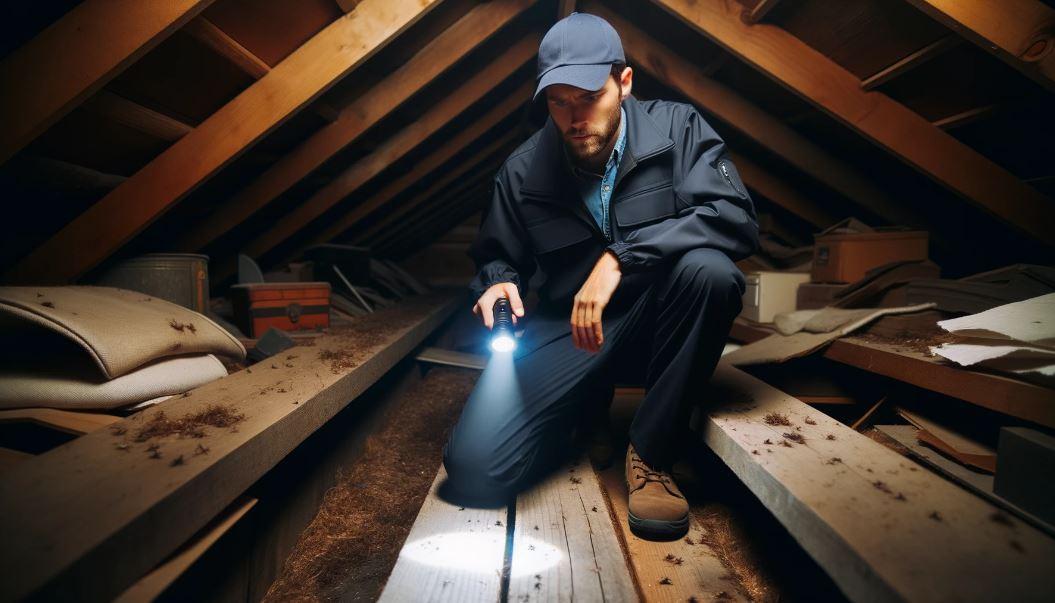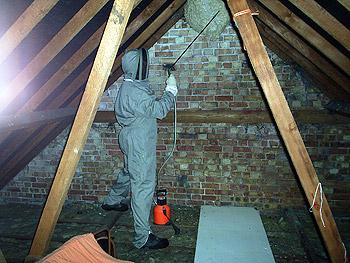
Pest Control Strategies for Property Management
To own and take care of a property involves making sure that it is in good shape at all times. When it becomes too much for the owners to do everything independently, property managers come in to help. They handle everything – from finding tenants, and collecting rent to fixing broken things. However, pest control is one important part of their job that shouldn’t go unnoticed.
Pests can cause huge problems for the buildings. They can cause damage to structures, spread diseases, and create an unsettling environment for tenants and customers. A good property manager will make sure that the building is protected from unwanted guests like cockroaches, mice, and silverfish. These property managers should ensure the well-being of the occupants and the property’s health and avoid headaches before they happen.
How do they do that? By making sure they have proven strategies to resolve such scenarios. To help you equip yourself with the knowledge necessary for pest control, read the insights, tips, and strategies in the following guide.
Understanding the Importance of Pest Control
First, let’s dive deeper into why pest control is of huge importance for successful property management. Pests come in various forms, from insects like ants and cockroaches to rodents such as mice and rats. Regardless of their size or species, pests pose significant risks to property management for several reasons. Here they are.
Structural Damage
Woodworm, for example, are much more than just annoying critters – they can cause serious harm to buildings. They burrow through wood and other materials used in construction, and they weaken the structure over time. This damage can become so severe that it requires expensive repairs or even complete renovations to fix, costing property owners a lot of money in the process.

Health Hazards
Another very worrisome consequence of having pests in the building is related to health. Many of them carry diseases and bacteria that can seriously threaten the health and safety of occupants. For example, rodents are known vectors for diseases such as leptospirosis and hantavirus.
Reputation Management
Next, one thing that a property manager doesn’t want to have is a bad reputation. And, failing to resolve pest problems is what can easily give a property management company a bad reputation. This means scaring away potential tenants or customers who might otherwise want to rent or visit the property. As a result, they might struggle to fill vacancies and could see a drop in income.
Legal Compliance
Apart from the will to keep things in order, property managers are legally obliged to maintain a safe and habitable environment for occupants. Not taking care of pest problems can lead to legal troubles and fines. Here are some of them:
- Property managers may face fines for violating health codes if pests endanger occupants’ health.
- Not addressing pest issues could lead to legal disputes with tenants, resulting in financial penalties.
- Property managers might be liable for damages caused by pest infestations, leading to costly liability claims.
- Neglecting pest control may prompt tenants to sue for damages and relocation expenses.
- Non-compliance with pest control regulations may result in penalties from regulatory agencies.
Taking all of this into consideration, proactive pest control measures are simply a must for avoiding risks and ensuring the managed properties are operated smoothly.
Implementing Effective Pest Control Strategies
Now, let’s talk about what successful pest control in property management is. To sum it up, we’d say it is a thorough approach that includes preventing, finding, and getting rid of pests. Let’s take a look at some proven strategies.
Regular Inspections
Regular inspections are essential for keeping pests under control. Property managers need to regularly check buildings and the areas around them to spot any signs of pests. This means looking for where pests might be getting in, what they’re feeding on, and any conditions that make the area attractive to pests.

Integrated Pest Management (IPM)
Integrated Pest Management (IPM) is a smart way to deal with pests that focuses on preventing problems and using fewer chemicals. This approach involves things like sealing up entry points, getting rid of food and water sources for pests, and keeping things clean to make it harder for pests to stick around.
Partnering with Professional Pest Control Services
While property managers can take steps to prevent pests, it’s important to team up with pest control professionals to handle infestations properly. These experts have the expertise, experience, and tools to identify, treat, and prevent pest problems more effectively. Owl pest control Dublin specialists are licensed and equipped with all the expertise necessary to help you out in this pest battle. Reach out today to find out more.
Tenant Education
Educating tenants about proper sanitation practices and how they can help in pest prevention can contribute to the overall success of pest control efforts. These educational efforts include providing informational materials, conducting workshops, and fostering open communication channels to empower tenants to play an active role in maintaining a pest-free environment.
Environmental Sustainability
Apart from being eco-friendly, including environmentally sustainable practices in pest control efforts is also beneficial for long-term pest management. This could mean using pesticides that are safer for the environment, changing habitats to make them less appealing to pests, and encouraging natural predators to keep pest populations in check.
Common Pest Control Challenges in Property Management
Of course, despite proactive measures, property managers may also face various challenges when it comes to pest control. Let’s see which challenges pose obstacles to operating smoothly.
Tenant Cooperation
Getting tenants to work together and follow pest control rules can be tough, especially in buildings with many different tenants. However, if the tenants all agree to do the best for their shared living space, this challenge can be quickly resolved. For that purpose having tenants with checked backgrounds will be of huge help.
Persistent Infestations
Some pests, like bed bugs and cockroaches, are tough and can survive even when we try to get rid of them the usual way. That’s why keeping an eye on them over time is a necessary thing to do.
Seasonal Variations
Different pests appear in different seasons during the year. Property managers need to be ready for these changes and adjust how they deal with pests accordingly. For example, wasps and ants appear during the warmer months, so property managers should prepare to control these specific types of pests during spring and summer.

Budget Constraints
A small budget might be a problem for pest control. It might make it hard for property managers to win the pest fight. However, a good idea would be to focus on the most important things and make the most of the available resources.
Conclusion
In summary, pest control is vital for successful property management. It impacts occupant health, property integrity, and overall reputation. Property managers can ensure a pest-free environment by using proactive strategies, seeking professional help, and educating tenants. These steps help mitigate pest risks and maintain a safe and healthy environment for everyone involved.
At Owl Pest Control Dublin, we specialise in addressing the specific challenges of pest control in both residential and commercial properties. With our expertise and dedication, we provide customised solutions to ensure your property remains pest-free and the occupants are safe and secure. Contact us today to discover how our comprehensive pest control services can help you achieve success in managing pests effectively.


